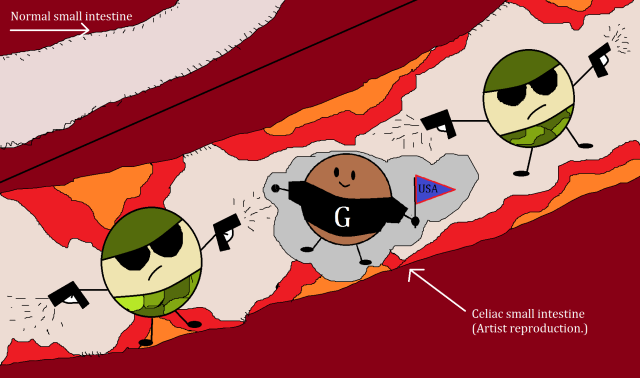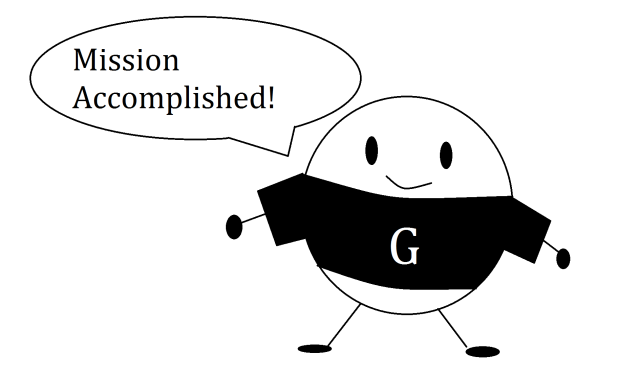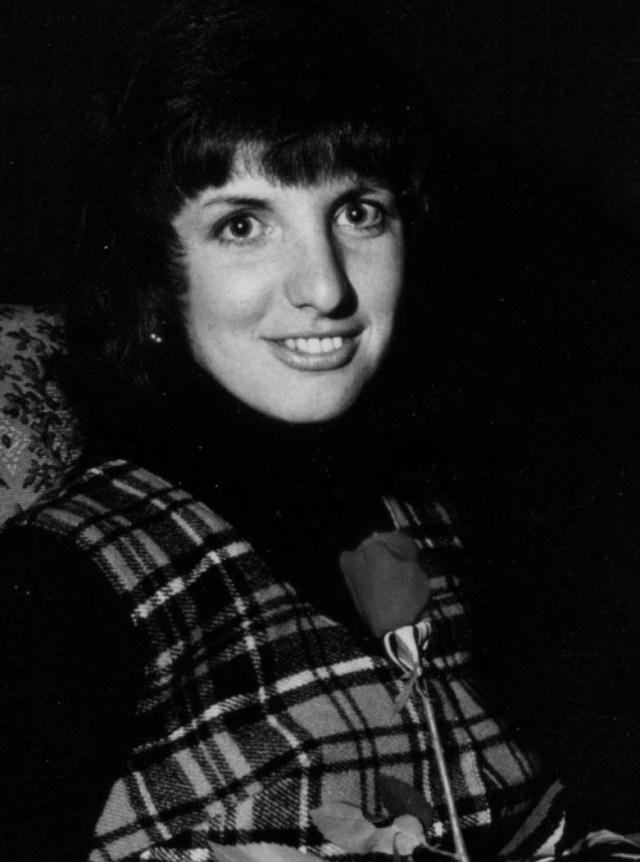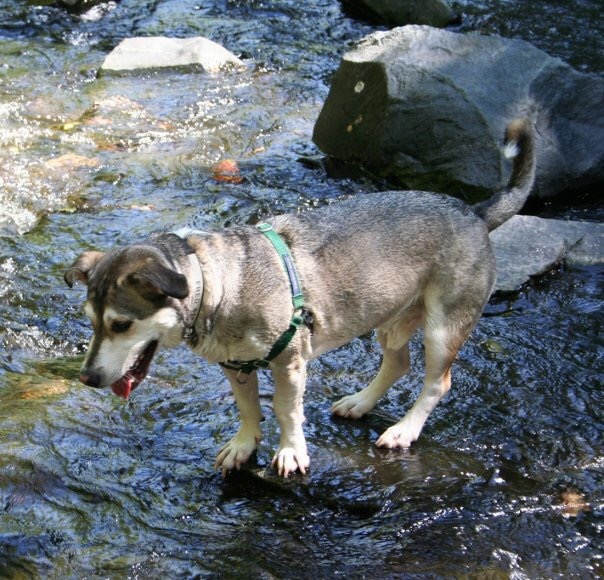
Ten years ago, when I worked for Catholic Relief Services, I took a trip to Africa. The purpose was for me to visit programs, talk to the people who were a part of them, and come home to write stories that would encourage wealthy Americans to invest in CRS’ work.
I traveled to Uganda and Ethiopia. I met hundreds of people and I heard dozens of stories. They were stories of loss and suffering and joy and triumph. For the most part they were stories I treasured; stories to hold on to; stories to share when hope is a bird in a storm.
But there was one story I couldn’t retell, at least not willingly, not until it came heaving out with my sobs on a night when I couldn’t sleep.
It was a young man who told me the story – I think he was about 16 at the time. He said his name was Patrick. I was in a camp for internally displaced people (not the same as refugees: they hadn’t crossed their home country’s borders), in Gulu, Northern Uganda.
If you have ever heard of Invisible Children, you know something of the decades-long war in the north of Uganda, where Joseph Kony and his LRA have made terror their career. The camp was a safe haven (though not very safe nor much of a haven) for people whose lives had been destroyed by LRA forces.
Many of the people I met were former abductees who had escaped their LRA captors. I spoke with a woman who had endured gang rape, many times over, who escaped when she became pregnant, and who delivered her child alone in the bush while running away.
I met another woman whose lips had been cut off because the LRA caught her riding a bike. I saw people who had lost hands and ears for much the same reason.
And though those stories make my eyes well as I write, they don’t compare to the horror of Patrick’s story, which makes me reel even a decade after hearing it.
One night when he was around 12, LRA soldiers came to Patrick’s home. They killed his entire family and they abducted him to join hundreds of his adolescent peers as a soldier in their army.
Before becoming a soldier, he told me, you went through a process of indoctrination. They stripped away your ties to everything — your community, your peers, your identity. And then they gave you a gun.
Patrick’s captors drilled into him that his gun was his only ally, his only family, his new identity, his everything. His life depended on it — and on his obedience.
All the boy soldiers were trained to accept the impossibility of an independent future. But hope springs eternal and there were still those who tried to get away. One day, a few boys in his group made the attempt. They were caught.
When the escapees were caught, they were brought back to the camp. Patrick and the remaining boys were forced to kill them. They were forced to dismember them, cook their flesh over a fire, and consume it from the skulls of the children who had, just day before, been their peers.
* * *
For a privileged white girl from the American suburbs, listening to Patrick’s story was shattering. It was terrible beyond anything I imagined possible.
But Patrick was matter-of-fact in his retelling. There was little emotion and no drama – it was his reality after all. He was a child who had lost everything and, in his emptiness, been forced to commit an act that could have destroyed his humanity forever.
Somehow, Patrick kept his humanity. He escaped and made it to the camp where he was working with a miracle of a Catholic nun to restore some sense of himself and his place in our world. The trauma he’d experienced had hollowed him, but there was enough of him left to strive for a future.
The night after I met Patrick, I went back to my room in a hotel that was so heavily guarded I was afraid. I was supposed to meet the rest of my co-workers for a big dinner celebration, but I couldn’t. I just couldn’t. I stayed in and revised my notes and cried until I vomited. I slept and I dreamed terrible things, and at some point I was certain I’d heard the sound of gunfire.
I came home with this story buried deeply underneath so many others. I shared the other stories liberally, but this one, Patrick’s, I held within me. It had grieved me so terribly that I feared I would hurt others if I told it. I still have nightmares of skulls boiling in cauldrons over campfires.
But it’s been ten years and whenever this story resurfaces in my memory, it comes back fresh and it fells me with emotion. It is with me again now, as I am reading, over and over, new stories of refugees torn from their communities, stripped of their identities, striving in desperation to escape a reality that could destroy their humanity.
* * *
Patrick’s life was derailed by an army of terrorists, acting under the mantle of a distorted version of the Christian faith. The “Lord” in LRA stands for Our Lord, the one whose birth we plan to celebrate in a few short weeks. He escaped with his existence, and I hope he has carved out a new life for himself. Maybe he has.
As an IDP, a person displaced within the borders of his own country, Patrick wasn’t granted the official status of a refugee. His rights to resettlement in a safe territory aren’t even protected under international law.
“Refugee” isn’t a term thrown around loosely in international officialdom. When we discuss refugees, we are talking about people who have had to prove that they were forced by persecution out of their home country, with no possibility of living safely within their own borders in the foreseeable future. And then, to come to America, they have to prove that they don’t pose the same threat they are fleeing to others.
These are people who have been victimized, terrorized, forced from their homes, and left without a shred of hope of regaining the lives they lost. The only hope they have is found in the hospitality of other nations.
When we open our arms to refugees, we are opening our arms to women who otherwise would be brutalized, children who otherwise would be dead, young men who would otherwise be forced to fight against us. And when we shut them out, we do no less than send them to their deaths, at the expense of our humanity.
















